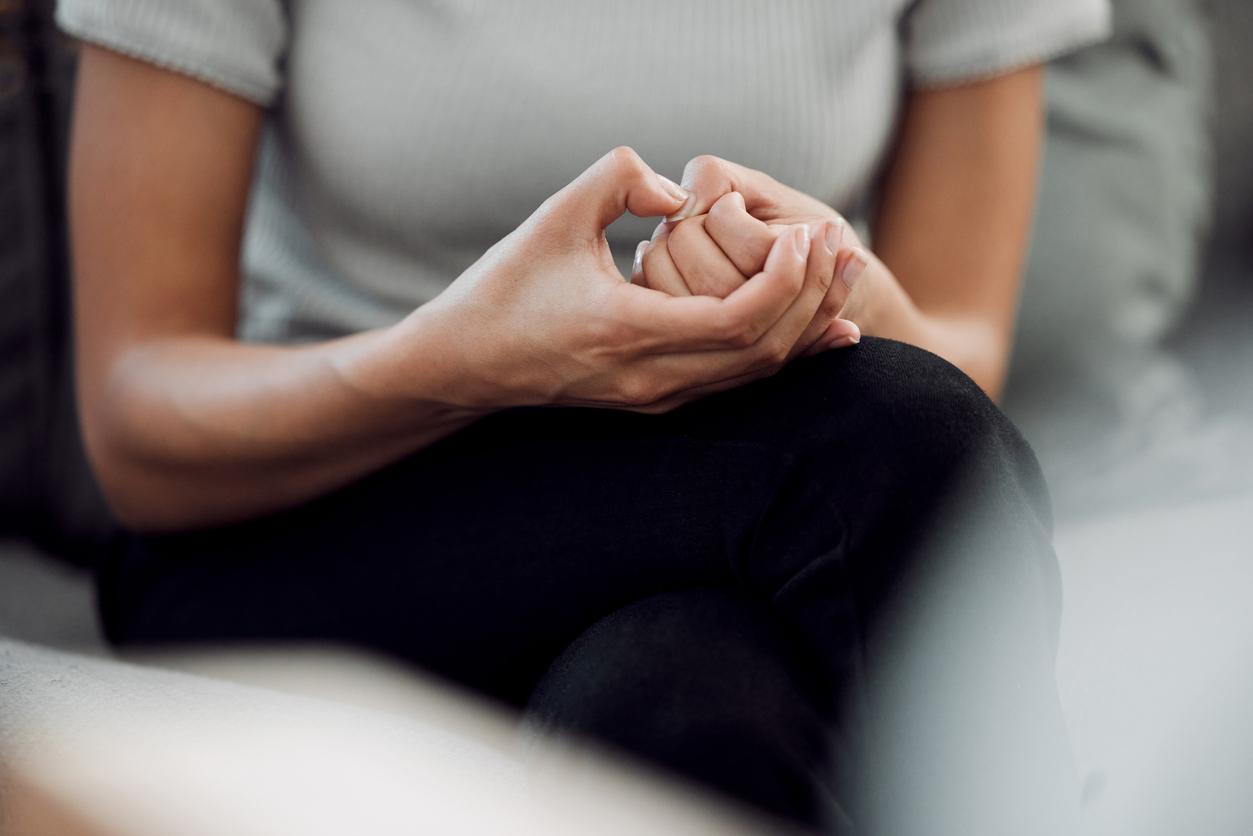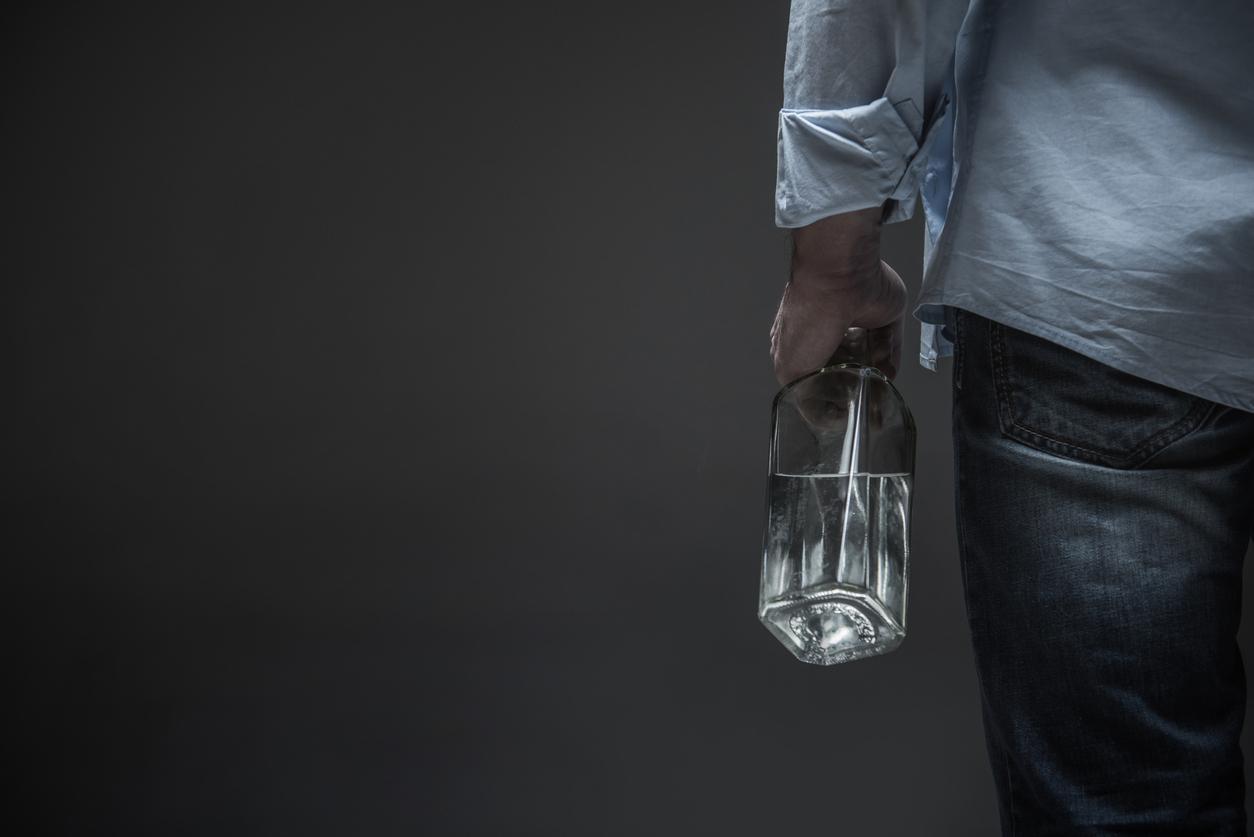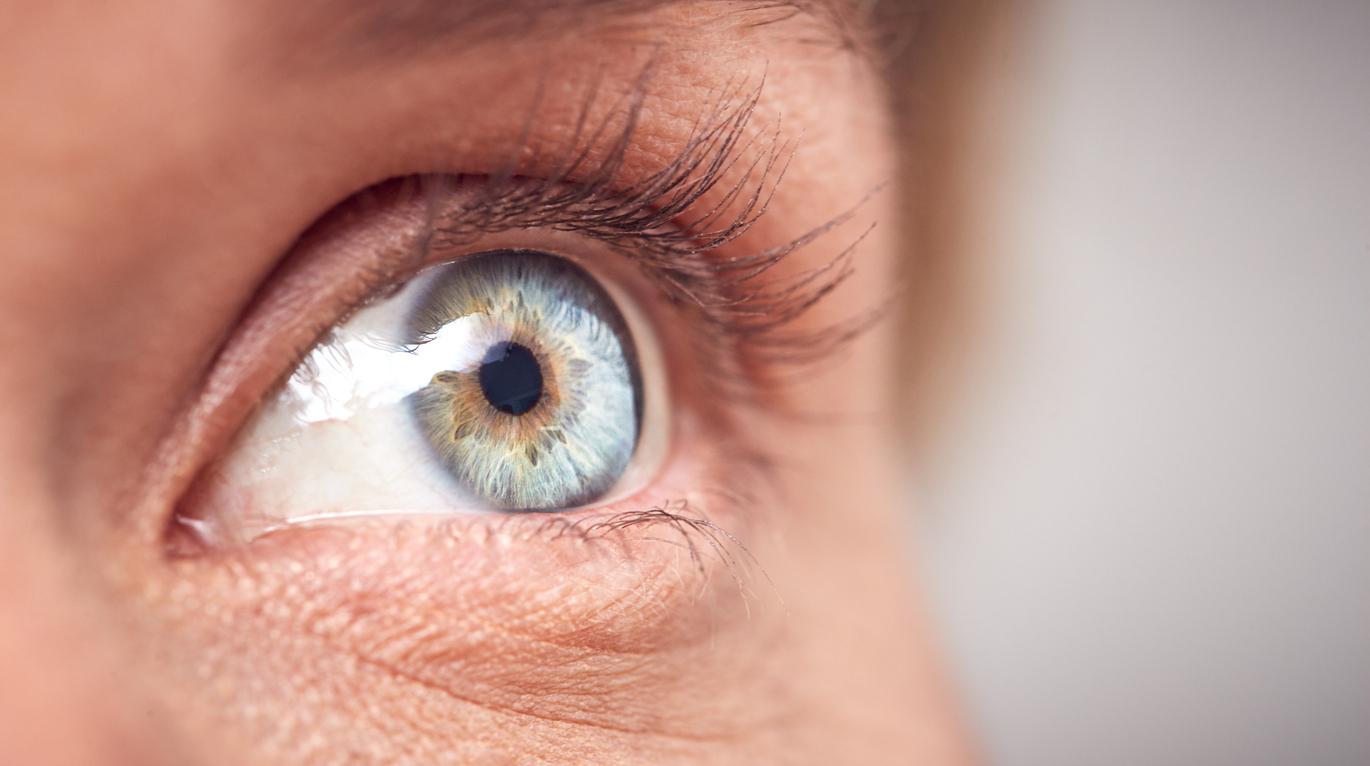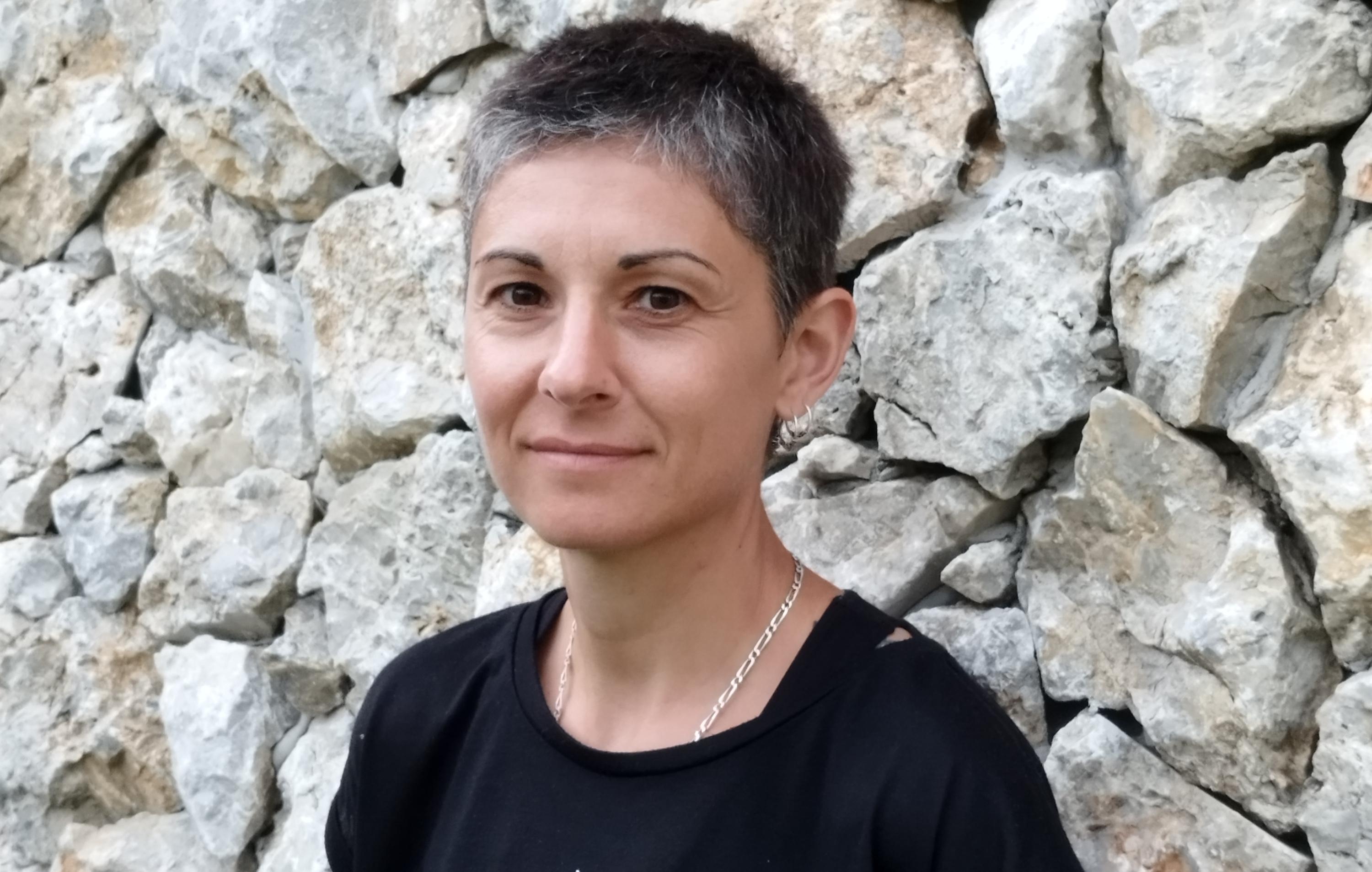Sarah, 28, has a type of obsessive compulsive disorder (OCD), impulse phobia. She tells us about her healing journey, during which she managed to get rid of her obsessive thoughts where she saw herself hurting others and which caused her to sink into depression.

- Sarah began developing impulse phobia – a type of obsessive-compulsive disorder – from April 2017, when she was going through intense overhauls.
- Thoughts, where she saw herself doing harm to her loved ones, passers-by or herself, began to obsess her, to the point of preventing her from living her life normally.
- After depression and then psychiatric treatment, treatment with antidepressants and a period of relapse in 2019, Sarah managed to dispel these thoughts and put an end to their impact on her daily life.
“It happened overnight. One day there was a thought that came up and, I don’t know why, it stuck in my head and never went away. I saw myself doing this violent action and I started to really freak out, thinking that I could hurt my family”. Thoughts like this, Sarah, a 28-year-old from Strasbourg, began to have more and more of them from April 2017. She then developed what is called obsessive-compulsive disorder (OCD).
“An OCD starts with a thought that comes back obsessively and follows us all the time to the point of preventing us from living normally. This obsession translates into a compulsion: a gesture, an action or a non-action like an escape, which will have the objective of blocking this obsessive thought.she explains. “Except that it doesn’t work, because OCD feeds on itself, and the more you do this action, the more the thought will be obsessive. It’s a vicious circle. It’s complicated because we have the impression that it relieves us, because the action soothes us at the moment, but in fact it feeds the OCD”Sarah adds.
“I hid all the knives in the house”
However, this is not just any OCD. Her disorder is less well known: it is impulse phobia. “These are the people who have this particular OCD of thinking they are going to hurt others or themselves. A fairly common idea, for example, is that when you are waiting at a pedestrian crossing, you see yourself mentally throwing yourself under a car. This thought, everyone can have it in a very stealthy way, sometimes even without realizing it. But as part of my disorder, the thought is going to feel so real to me that I’m going to keep thinking about it all day and it’s going to obsess me.”develops the young woman. “For example, when I saw a knife, I felt like I could use it on someone I love. And the compulsive action was to hide all the knives in the house”she says.
While at the time she was living with her parents in the Paris region, this obsession first had an impact on her family life: “I didn’t even want to live there anymore because I had a 10-year-old sister and I didn’t want to be a danger to her. I was so afraid of hurting her that I always found ways to avoid having to keep her and be alone with her. This OCD attacks the things you love most in life, your core values… that’s why it hurts so much.”
Then this OCD also affected his studies. “Thoughts are sometimes so obsessive that you can’t think of anything else and it becomes impossible to learn things by heart because it’s very difficult to concentrate. I had stuff to return but I procrastinated because I couldn’t even put a word on a sheet”indicates the one who was trying to pass competitions for journalism schools at that time.
“I had started to hate myself, to tell myself that I did not deserve to live”
No matter how hard Sarah forced herself to think of something else, nothing worked. “It’s a bit like a boomerang, the more you try to send it far, the more it comes back. I couldn’t even watch a movie, read a book… Going out had also become very complicated because there could always be triggers. So I was running away from everything and it’s impossible to live when you’re running away from everythingshe explains. Even in the metro, I felt like I could go and attack people… it was nonsense”.
After a few months, and like many other people affected, his OCD turned into depression. “Depression had taken over my life so much that I only had dark thoughts. I didn’t tell anyone about it, because I was too ashamed to have these thoughts, I told myself that people were going to think I was crazy, weren’t going to want to be around me anymore… I had started to hating, telling me I was a terrible person and didn’t deserve to live. I didn’t go so far as to think about suicide but I still told myself that if I were dead it would be much better for everyone, and I sometimes told myself that I had to be locked up so that I was no longer a danger. Well, I had never hurt anyone”.
In October 2017, she then decided to consult a psychologist: “I had lost my appetite because I always had a ball of anxiety in my stomach as if I was going to take an exam. I couldn’t sleep either. And most importantly, I no longer took pleasure in anything – a common symptom of depression – as I always had a little voice in my head saying mean things to me. I was a bit of a shadow of myself and it had become dangerous for my health. That’s when I thought I needed treatment..
“It’s as if my brain had become a stalker and I its whipping boy”
But it doesn’t work: “In OCD, especially for impulse phobia, psychotherapy is not very effective. You have to work on the thought itself and not necessarily on the causes of the thought”.
Fortunately, the antidepressants she was prescribed a few months later proved to be a very effective remedy and the obsessive thoughts, as well as the depression associated with them, gradually disappeared, despite a period of relapse when she ended treatment in 2019. Today, after a psychiatric follow-up, Sarah manages to control her thoughts so that they do not have an impact on her life and was able to stop antidepressants without relapse.
Looking back, Sarah found an image to define her disorder: “It’s as if my brain has become a stalker and wants to make me a whipping boy with these obsessive thoughts. If you try to run away from him every time and he sees that you are in pain then he will hurt you even more, but if you just ignore him, at some point he will get bored”.
“TOCs won’t follow you for life, there is hope”
If Sarah now wishes to highlight her disorder, it is also to reassure those affected, to show them that they are not alone and to encourage them not to withdraw into themselves because of this taboo. “Having learned a lot about this OCD through mental health accounts on Instagram etc, I was able to tell myself that I was not completely crazy and that I was not the only one experiencing this. It helped me a lot”she admits. “I didn’t talk about it at all to those around me before, then I realized that my best friend could have the same kind of thoughts, that my mother too when she gave birth to me, and that many other women who have just given birth had this fear of harming their babies. And it’s super taboo, of course. But it’s just a mental disorder like any other, like depression, and there’s no Shame to have this. They are just thoughts”emphasizes Sarah.
An argument comes to mind in this regard: “Back when I thought I was a freak, I later realized that if I was indeed a psycho monster and really wanted to hurt people, I wouldn’t even ask myself the question. . We are just too anxious people and in real life we are rather good people because we are so afraid of hurting people that we make ourselves sick”.
For people who have the same disorder as her, the young woman wants to be encouraging: “You have to be followed by a psychiatrist, it’s important. I more or less managed to get rid of it, so it does not follow you for life, there is hope.
















